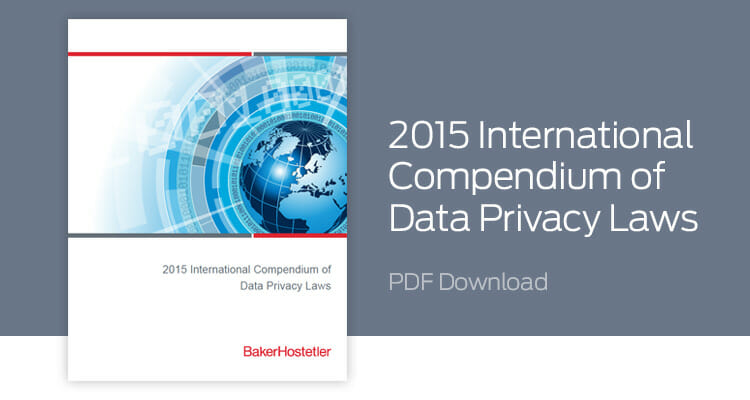

Michelle Drolet
Privacy and data protection issues confront all organizations—whether you handle employee information, credit card data, sensitive financial information, or trade secrets. Securing data is a daunting task that is further complicated by cross-border transfer issues and the differences in privacy laws around the world. The team at BakerHostetler has developed a prompt and practical PDF
0 Minute 21 Second Read







